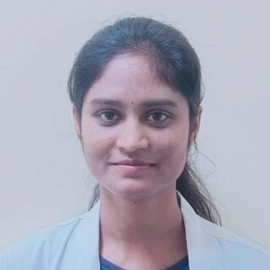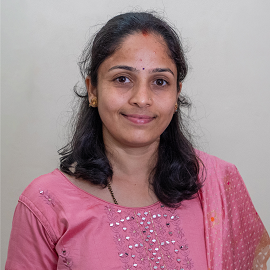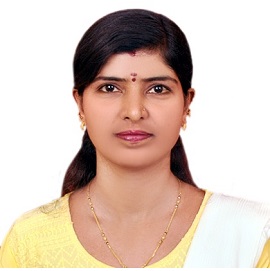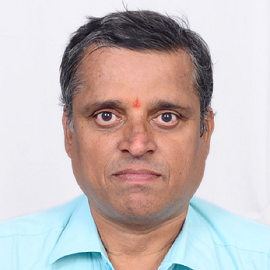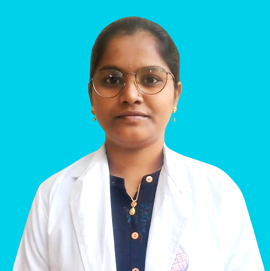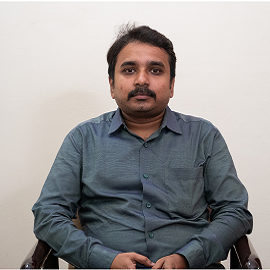
Oncologists rarely pass a day without hearing a patient wonder “why me? Why did I get cancer?” As valid as the question is, rarely do we have an accurate answer. Most have lived their lives in moderation, perhaps never smoking or drinking. Many are good people never intentionally harming anyone, in case one fears karma. What could they have done to deserve the diagnosis and the consequent effects of treatment? What can they do to never have cancer? Simplistically said, the answer to both the questions is nothing.
Cancer happens as a result of many factors. There is one factor, carcinogen, which is known to increase risk of cancers. Most well-known of which are habitual tobacco usage in any form and heavy drinking. Viruses (Human Papilloma Virus, Hepatitis B virus, etc.) too are known causes of cancer and many are potentially preventable. Occupational exposure to agents like asbestos or dyes in factories have been definitively linked to cancer. Especially prevalent in our country, indoor pollution from burning biomass has been linked to lung cancer in rural women. Since the middle of the 20th century, radiation exposure has been known to cause cancers. Since 1970s, it has been suspected that particles in the environment around us contribute to developing cancer.
So, whether it is petroleum by-products or even baby talc, almost all of what we use in our modern lives have somehow been connected to cancer. The last factor is our genes. Something in our genetic make-up makes us potentially more vulnerable, compared to others, to the environmental agents. Different forces come together induce a change in our cell, a change our body is unable to control any longer. These cells multiply unchecked like an anarchist force refusing to obey the body’s order. One billion cells later, we experience clinical symptoms like lumps or even something as simple as tiredness.
No matter what sets off the cascade of events in our body that ultimately leads to cancer, the patient’s experience is unique. A few brim with optimism and resilience through the course of therapy no matter the final outcome. Mr X. a gentleman afflicted with cancer of the cheek, is a fine example. When he came to me his cancer barely let him close his mouth or chew. He pursued treatment despite all odds ever trusting in a divine power.

I could see the dimming of the light in his eyes, worse than the exhaustion caused by the treatment was his inability to enjoy his wife’s cooking. I expected him to harangue about treatment being ineffective, but he was patient. Not in a manner that made him stoic, but kind. Thankfully he is much better now.
However, most people diagnosed with cancer have a reaction akin to suffering grief, which is absolutely understandable. It is reported that nearly 80% of patients with cancer live with anxiety and fear despite having successfully completed their treatment. The two most important questions being “why me?” and “will the cancer come back?”
In other words, like most things in life, we do not know why we have been afflicted. Perhaps it is best not to question but ponder. Many patients find themselves being given a new lease of life. A chance to mend broken relationships, an opportunity to evaluate priorities, and a moment to understand one’s true resilience. Late Dr Coffey quoted “If this is true, what does it imply?” and I understood that our truth guides our questions which guides our thoughts. So, if my truth is my cancer, then my question is “okay, but now what?” and that maybe the better question to focus my thoughts on, rather than “why me”.
Written by:
Dr Swaratika Majumdar
MD Internal Medicine, DM Medical Oncology
Consultant, Mazumdar Shaw Medical Centre


